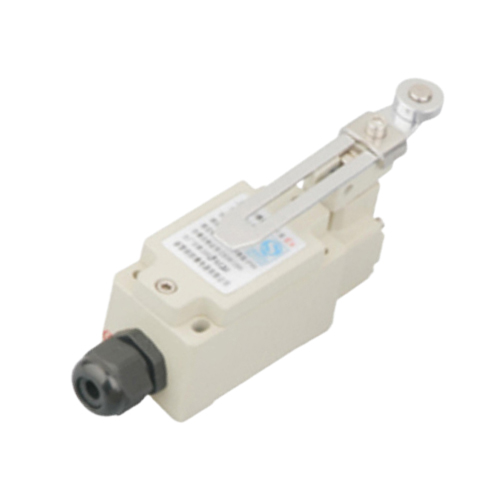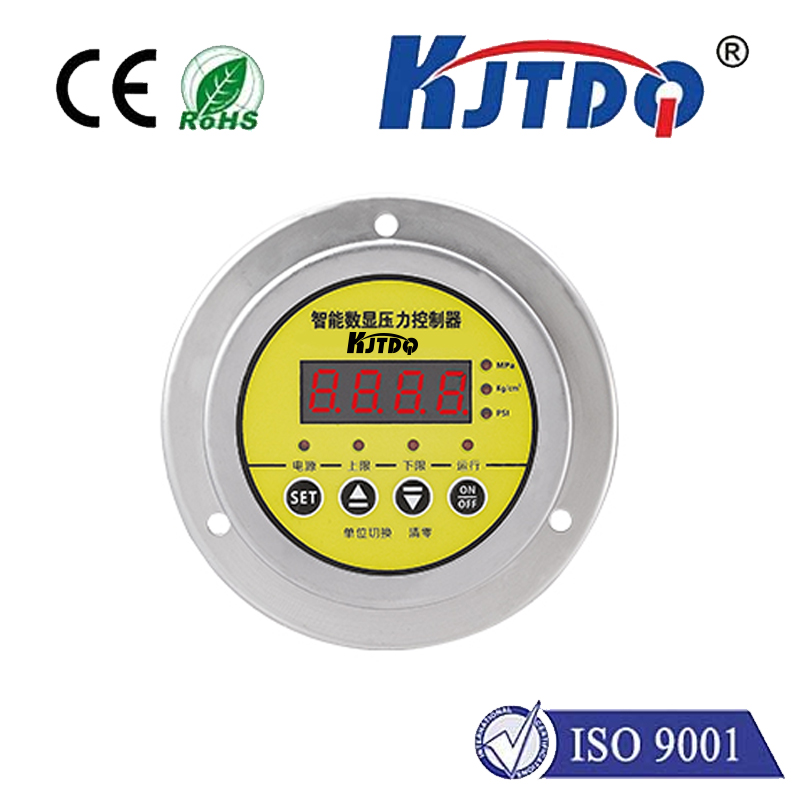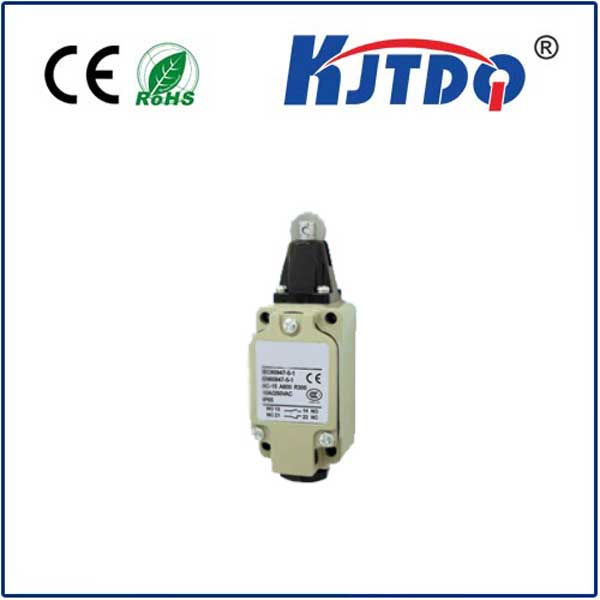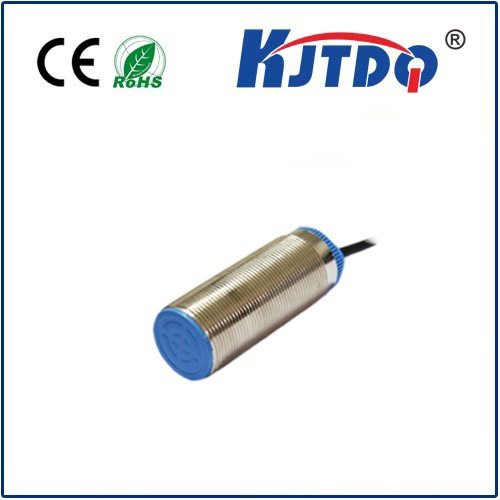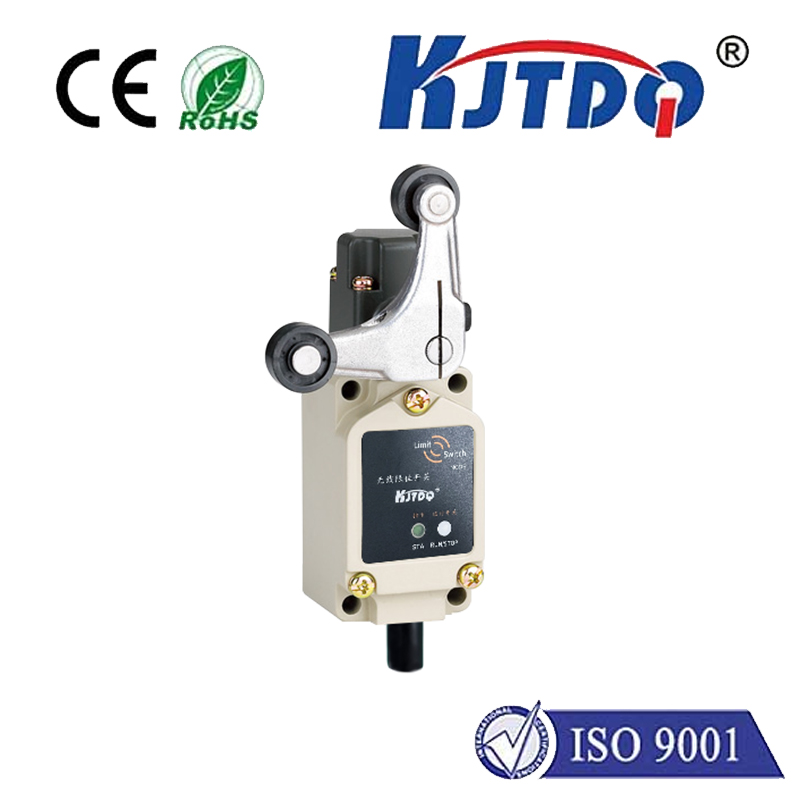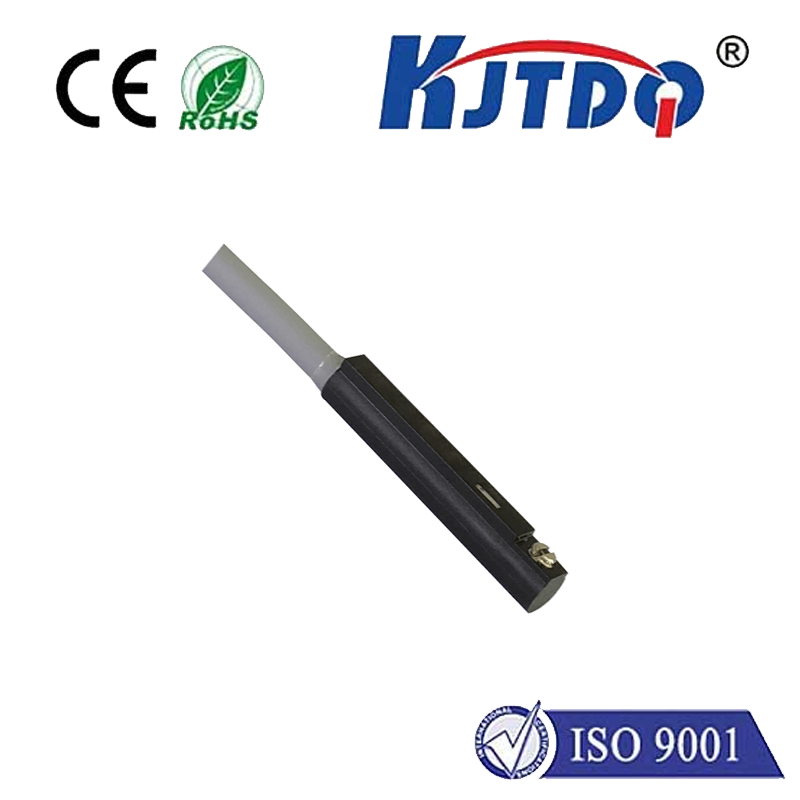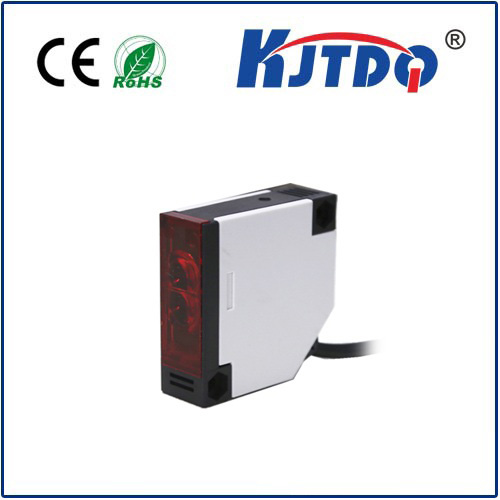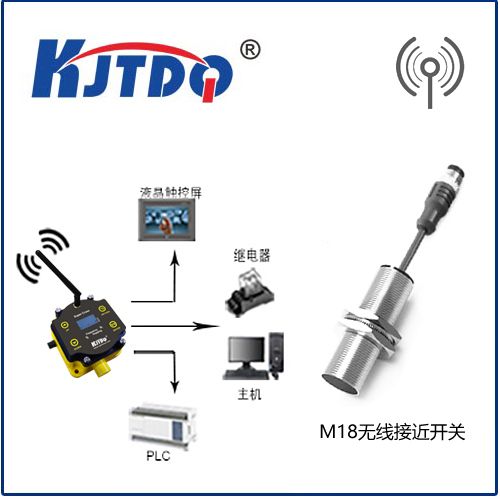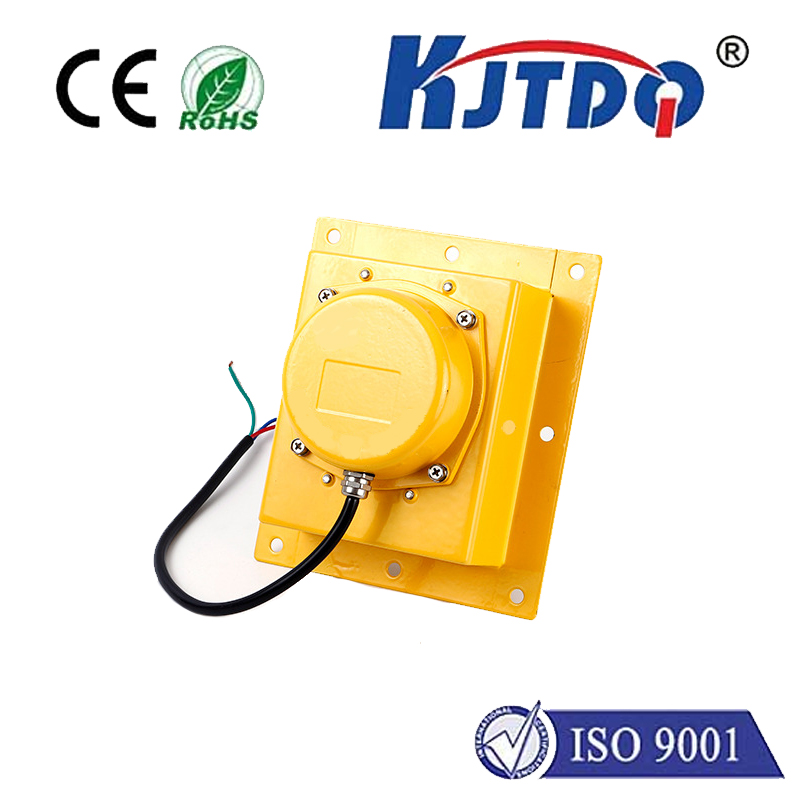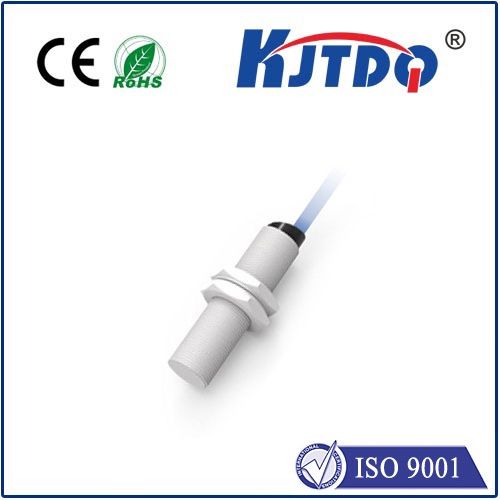
Проверка

Проверка

Проверка

Проверка

Проверка

Проверка
The advent of linear motion sensors has transformed the face of modern technology by providing a reliable and accurate means of detecting and measuring movement. These sensors have found applications in various industries such as automotive, aerospace, healthcare, and manufacturing, among others. In this article, we explore the role of linear motion sensors, their advantages, and future prospects in modern technology.
Introduction to Linear Motion Sensors
A linear motion sensor is a device that detects and measures the linear distance traveled by an object or particle. It operates on the principle of electromagnetic induction or magnetic sensing, depending on the type of sensor used. These sensors are highly versatile and can be used in various applications such as automation, robotics, gaming, and industrial control systems.
Advantages of Linear Motion Sensors
Linear motion sensors offer numerous benefits over traditional methods of detecting movement. Some of these advantages are:
* High Accuracy: Linear motion sensors are known for their high accuracy, making them ideal for tasks that require precision measurements. They can detect even the slightest movements with high precision.
* Wide Range of Applications: Linear motion sensors can be used in a wide range of applications such as tracking objects, monitoring processes, and controlling robots. They are also suitable for use in harsh environments where traditional sensors may fail.
* Easy Installation: Linear motion sensors are easy to install and require minimal maintenance. They can be mounted onto surfaces or integrated into devices without affecting their functionality.
* Cost-effective: Linear motion sensors are relatively inexpensive compared to other motion detection technologies. They offer good value for money and are a cost-effective solution for many businesses.
Applications of Linear Motion Sensors
Linear motion sensors find application in various industries, including:
* Automotive Industry: Linear motion sensors are used in cars to detect lane departure, collision avoidance, and other safety features. They provide valuable information to drivers and help prevent accidents.
* Aerospace Industry: Linear motion sensors are used in spacecraft to detect rotation and orientation. They play a crucial role in guiding spacecraft during landing and takeoffs.
* Healthcare Industry: Linear motion sensors are used in medical equipment such as prosthetic limbs to monitor muscle activity and ensure proper functioning. They also assist surgeons during complex procedures.
* Manufacturing Industry: Linear motion sensors are used in factories to monitor production processes and identify defects early on. They help improve efficiency and reduce costs.
Future Prospects of Linear Motion Sensors
As technology continues to evolve, the potential applications for linear motion sensors are limitless. Some of the future prospects include:
* Integration with Artificial Intelligence (AI): Linear motion sensors could be integrated with AI to improve their accuracy and efficiency. This would enable them to detect movements more accurately and make more informed decisions.
* Development of Smaller and More Compact Sensors: With ongoing research and development, it is possible that smaller and more compact linear motion sensors will become available in the market. This would make them easier to install and use in different applications.
